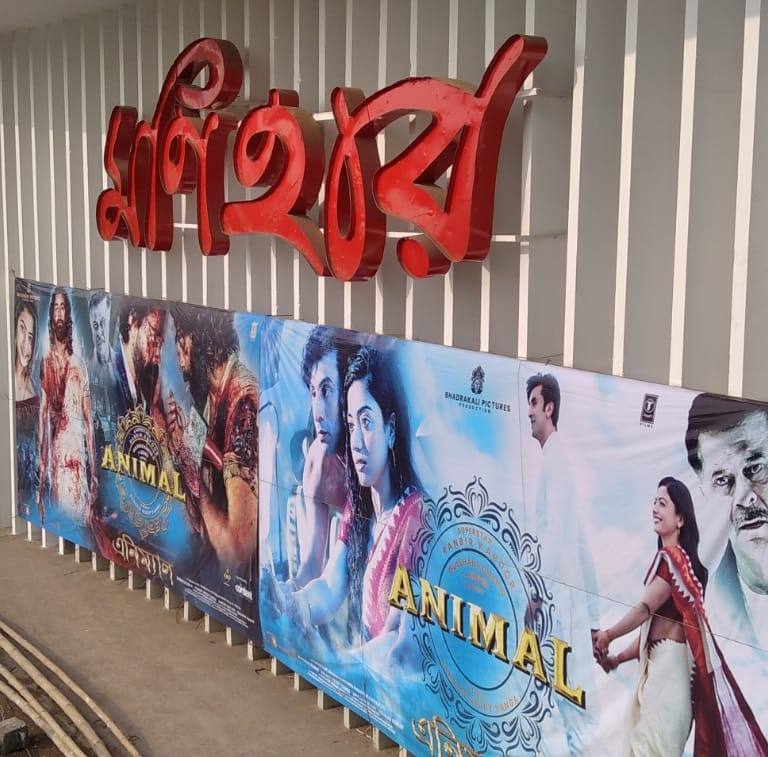For more than four decades, Monihar Cinema Hall was far more than just a movie theatre. It was a cultural landmark, a hub for the community and a symbol of cinematic pride in Jashore.
Once recognized as Bangladesh’s largest single-screen cinema and the second-largest in Asia, Monihar drew crowds who lined up for hours to catch the latest films and experience the glamour of the silver screen firsthand.
Today, however, the legendary hall is preparing to close its doors for good, making way for modern urban development.
Established in 1983 by entrepreneur Sirajul Islam, Monihar was brought to life by architect Kazi Mohammad Hanif and decorated under the artistic direction of SM Sultan. The four-story hall boasted 1,430 plush seats, glittering chandeliers, intricate murals and even decorative fountains; a true palace for film enthusiasts.
Over the years, Monihar screened more than 1,500 films, from its inaugural feature ‘Jony’ to classics like ‘Beder Meye Josna’ and ‘Monpura’, solidifying its place in the nation’s cinematic history.
But time and technology brought new challenges. The rise of streaming services, digital entertainment and film piracy changed how audiences consumed movies. Combined with high maintenance costs, dwindling attendance and repeated showings of older titles, sustaining the massive theatre became increasingly difficult.
While the main auditorium will close, a smaller 71-seat cineplex within the building will continue to operate for now, offering a small nod to the hall’s enduring legacy. Meanwhile, redevelopment plans are already in motion.
The owners envision a modern commercial complex featuring shopping areas, a residential hotel and potentially a new, smaller cinema, blending the site’s historic importance with contemporary urban needs.
Monihar’s story reflects a wider trend across Bangladesh. Single-screen theatres are vanishing, replaced by markets, apartment complexes and other urban developments.
Cultural advocates caution that without quality local films and strategic support, more cinematic landmarks may disappear, erasing chapters of the nation’s cultural memory.
As Monihar prepares for its final curtain, it remains a poignant reminder of Bangladesh’s cinematic golden age, a space that once rang with laughter, applause and excitement, soon to be transformed into a modern commercial hub.


